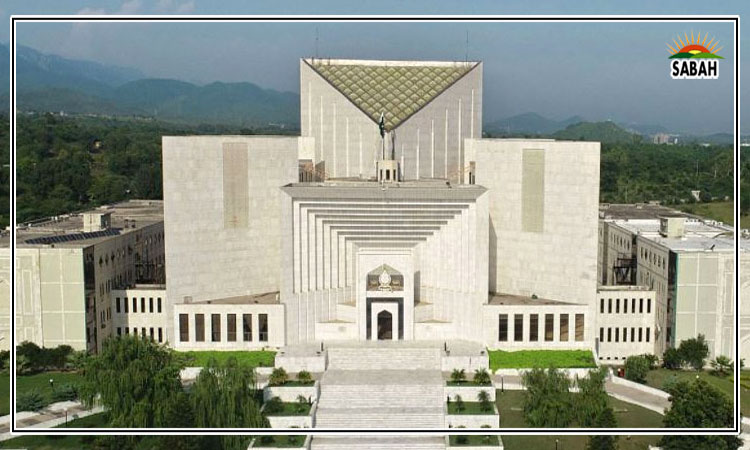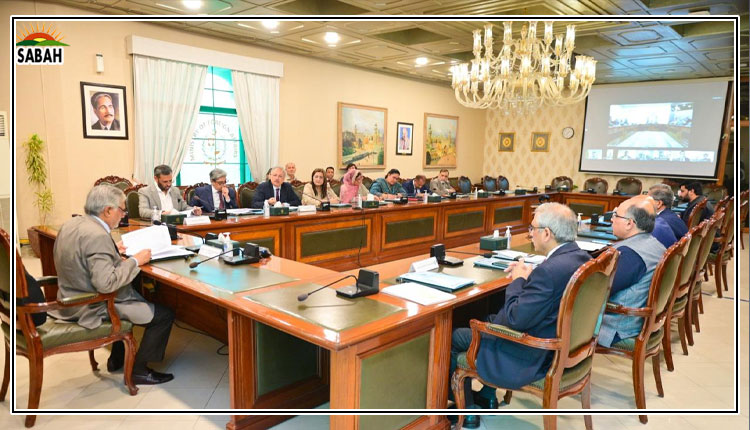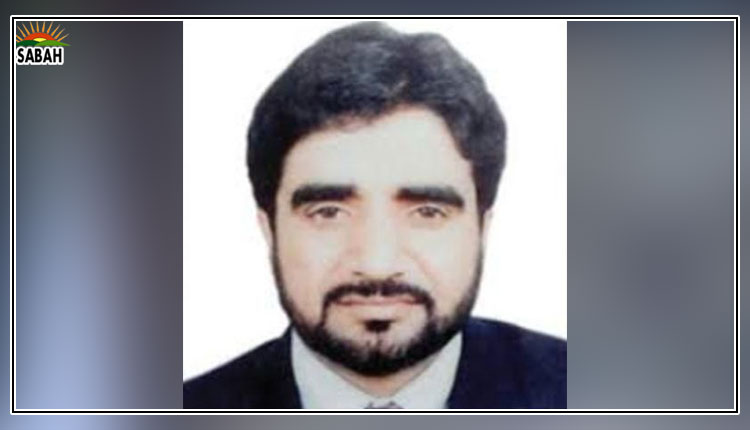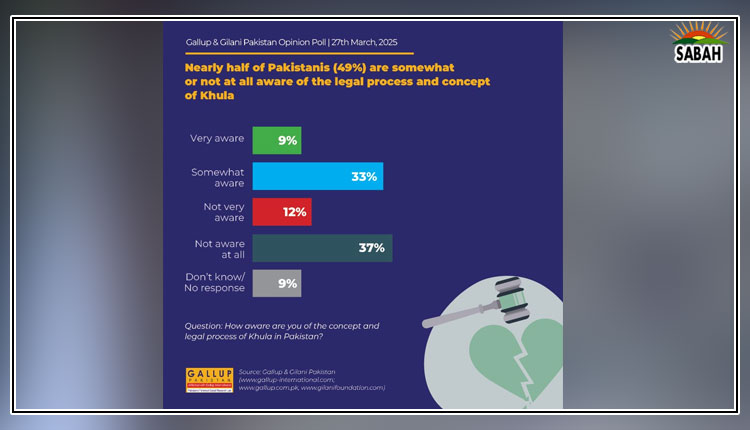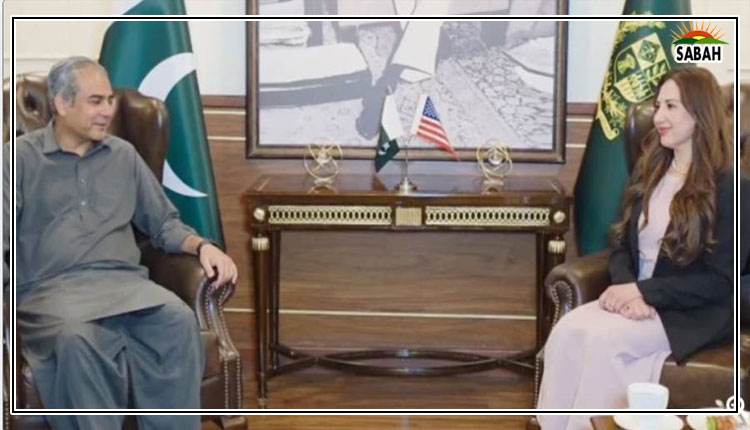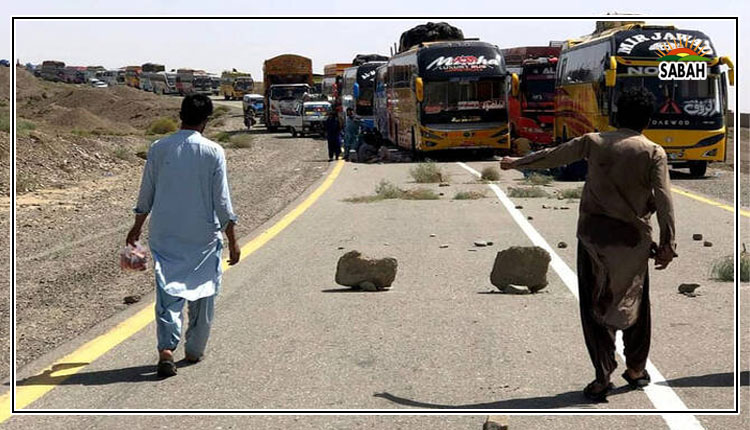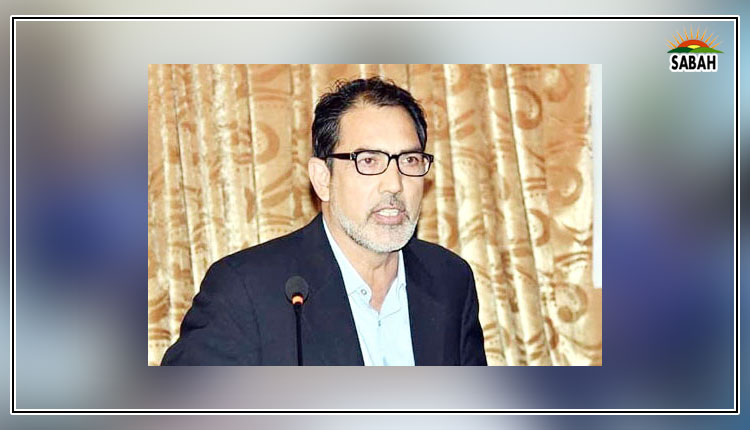Leadership of Kashmir decided to join Pakistan even before the creation of Pakistan: Altaf Hussain Wani
ISLAMABAD, July 19 (SABAH): To rejuvenate the importance of 19 July 1947 resolution, YFK-International Kashmir Lobby group organized an in-house discussion, reiterating the essence of resolution and Kashmir Accession Day. Kashmir’s Accession to Pakistan Day, July 19, 1947 is an exceptionally important day in the history of Kashmir and is observed by Kashmiris across the globe. This is the day when genuine representatives of All Jammu and Kashmir political party passed a resolution, associating their fate with Pakistan. The resolution was led by Chaudary Hamidullah at the residence of Sardar Ibrahim Khan.
The session was attended by various students from different universities. The guest speakers; Altaf Hussain Wani (Chairman, KIIR), Ms. Farzana Yaqoob (CEO, MANTAQ), Umair Pervez Khan (Lecturer, NDU) honored the session with their presence.
While shedding light on the importance of this day, they explore different perspectives of the Kashmir issue and the way forward. Altaf Hussain Wani, spoke about the significance of why the resolution of Kashmir Accession to Pakistan was passed even before the creation of Pakistan tells that Kashmiris were greatly inspired by the freedom movement of Muslims of sub-continent. He added further that UN resolution on Kashmir issue still carry importance for the resolution of Kashmir issue.
He was followed by Ms. Yaqoob Farzana who encouraged the youth audience to actively participate in raising awareness about the Kashmir issue. “It’s our responsibility to become the voice of IIOJK Kashmiris” She added. Moreover, Umair Pervez Khan discussed in detail the historical significance of Kashmir accession day. He clarified that the resolution was based on two factors i.e. Geography and demography of Jammu and Kashmir. Mr. Zamman Bajwa , Executive Director of YFK, concluded the session while strongly advocating the Kashmir cause. He told that the decision was not only made on the basis of religious affiliations, rather, it was taken rationally by considering different factors like geographical proximity and the will of the population were the prominent factors. The session was attended by the representative civil society and University students doing research on Kashmir.



